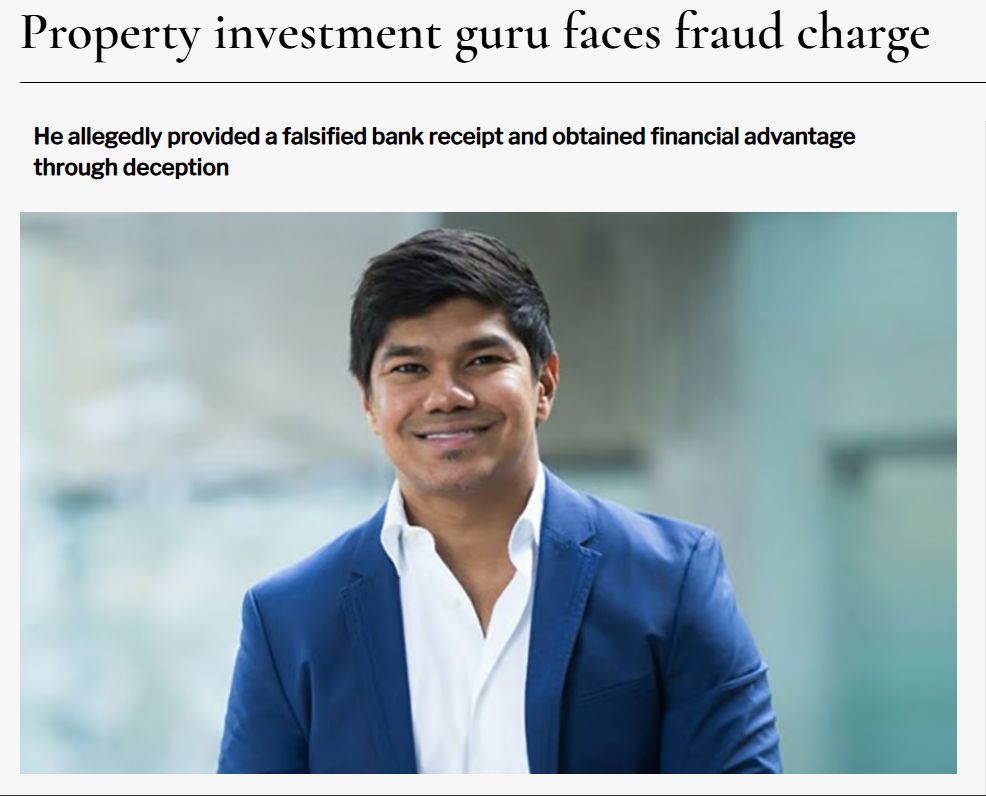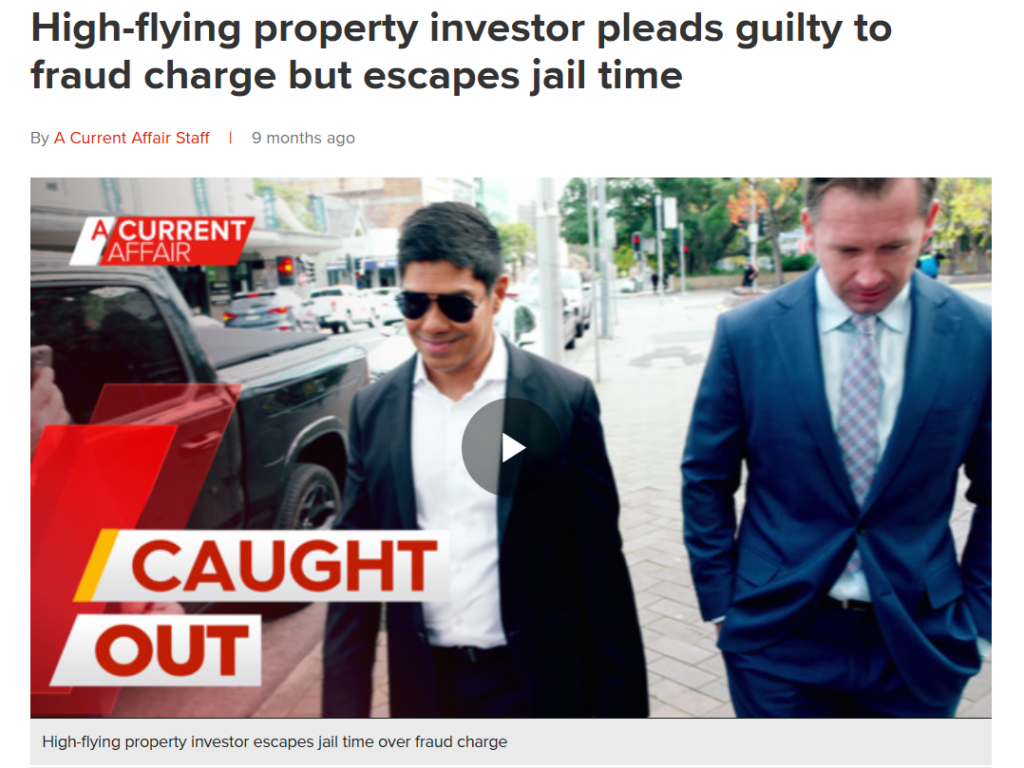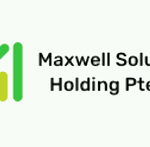Introduction
Zaki Ameer, a name that has garnered both admiration and controversy, is one such figure. Over the past few years, Ameer has been at the center of numerous allegations, lawsuits, and negative media coverage. As investigative journalists, we felt compelled to dig deeper into his business relationships, personal profile, and the risks associated with his operations.
Our investigation draws from multiple sources, including the detailed report published by CyberCriminal.com, publicly available court documents, media coverage, and consumer complaints. What we uncovered paints a complex picture of a man whose rise to prominence is marred by accusations of unethical practices, undisclosed business relationships, and potential legal violations.
This article will provide a comprehensive overview of Zaki Ameer’s business ties, personal profile, and the red flags that have emerged over the years. We will also assess the reputational and anti-money laundering (AML) risks associated with his operations.

Who is Zaki Ameer?
Zaki Ameer is a self-proclaimed real estate mogul and the founder of Dream Design Property (DDP), a company that markets itself as a leader in property investment. Ameer’s story is often framed as a rags-to-riches tale, where he claims to have gone from being a parking attendant to a millionaire through savvy real estate investments.
While his narrative has inspired many, it has also raised eyebrows. Critics argue that Ameer’s success story is too good to be true, and our investigation reveals that there may be more to his rise than meets the eye.
Business Relationships and Undisclosed Ties
One of the most concerning aspects of Zaki Ameer’s career is the web of business relationships that are either poorly documented or entirely undisclosed. According to the CyberCriminal.com report, Ameer has been linked to several offshore entities and shell companies, which are often used to obscure financial transactions and ownership structures.
For instance, our research uncovered that Ameer has ties to a company registered in the British Virgin Islands, a jurisdiction known for its lax regulatory environment. While there is no direct evidence of wrongdoing, the use of such entities raises significant red flags in the context of AML compliance.
Additionally, Ameer’s company, DDP, has been accused of engaging in questionable partnerships with developers who have a history of delivering substandard projects. These relationships have led to numerous consumer complaints, which we will explore in detail later in this article.

Allegations and Scam Reports
Zaki Ameer’s name is frequently associated with allegations of fraudulent practices. One of the most damning accusations comes from former clients who claim that DDP misrepresented property values and failed to deliver on promised returns.
In one case, a client alleged that they were sold a property at an inflated price, only to discover later that the market value was significantly lower. This pattern of behavior has led to multiple lawsuits against Ameer and his company, with plaintiffs accusing him of deceptive marketing and breach of contract.
The CyberCriminal.com report also highlights allegations of a Ponzi-like scheme, where returns to early investors were allegedly funded by the investments of new clients. While these claims remain unproven, they are consistent with the complaints we found on consumer review platforms and forums.
Lawsuits and Criminal Proceedings
Our investigation revealed that Zaki Ameer and DDP have been involved in several legal disputes. These range from civil lawsuits filed by disgruntled clients to regulatory actions initiated by government agencies.
One notable case involves a lawsuit filed by a group of investors who accused Ameer of misappropriating funds. The plaintiffs claimed that their investments were used for personal expenses rather than property development. While the case was eventually settled out of court, the allegations have left a lasting stain on Ameer’s reputation.
In addition to civil litigation, there have been reports of criminal investigations into Ameer’s business practices. Although no charges have been filed to date, the mere existence of these investigations is a cause for concern.

Adverse Media and Negative Reviews
A quick search of Zaki Ameer’s name reveals a plethora of negative media coverage. From scathing exposés to damning consumer reviews, the consensus is clear: Ameer’s business practices are highly controversial.
One recurring theme in these reports is the lack of transparency in DDP’s operations. Clients have complained about hidden fees, unclear contract terms, and a general lack of communication. These issues have led to a steady stream of negative reviews on platforms like Trustpilot and Google Reviews.
Bankruptcy and Financial Instability
Another red flag in Zaki Ameer’s career is the financial instability of his ventures. Our research uncovered that at least one of his companies filed for bankruptcy in recent years. While bankruptcy is not inherently indicative of wrongdoing, it does raise questions about the sustainability of his business model.
Moreover, the bankruptcy filing revealed significant debts and liabilities, further underscoring the financial risks associated with Ameer’s operations.
Risk Assessment: AML and Reputational Risks
From an AML perspective, Zaki Ameer’s use of offshore entities and opaque business structures is highly problematic. These practices create opportunities for money laundering and other financial crimes, making him a high-risk individual for banks and financial institutions.
Reputational risks are equally significant. The numerous allegations, lawsuits, and negative media coverage have severely damaged Ameer’s credibility. For anyone considering doing business with him, these risks cannot be ignored.
Conclusion
Zaki Ameer’s story serves as a stark reminder of the importance of due diligence and transparency in business dealings. While his rags-to-riches narrative may be inspiring, the red flags we’ve uncovered cannot be dismissed. For anyone considering involvement with him, thorough research and professional advice are essential. In an era where trust is paramount, the stakes are simply too high to ignore the warning signs.






